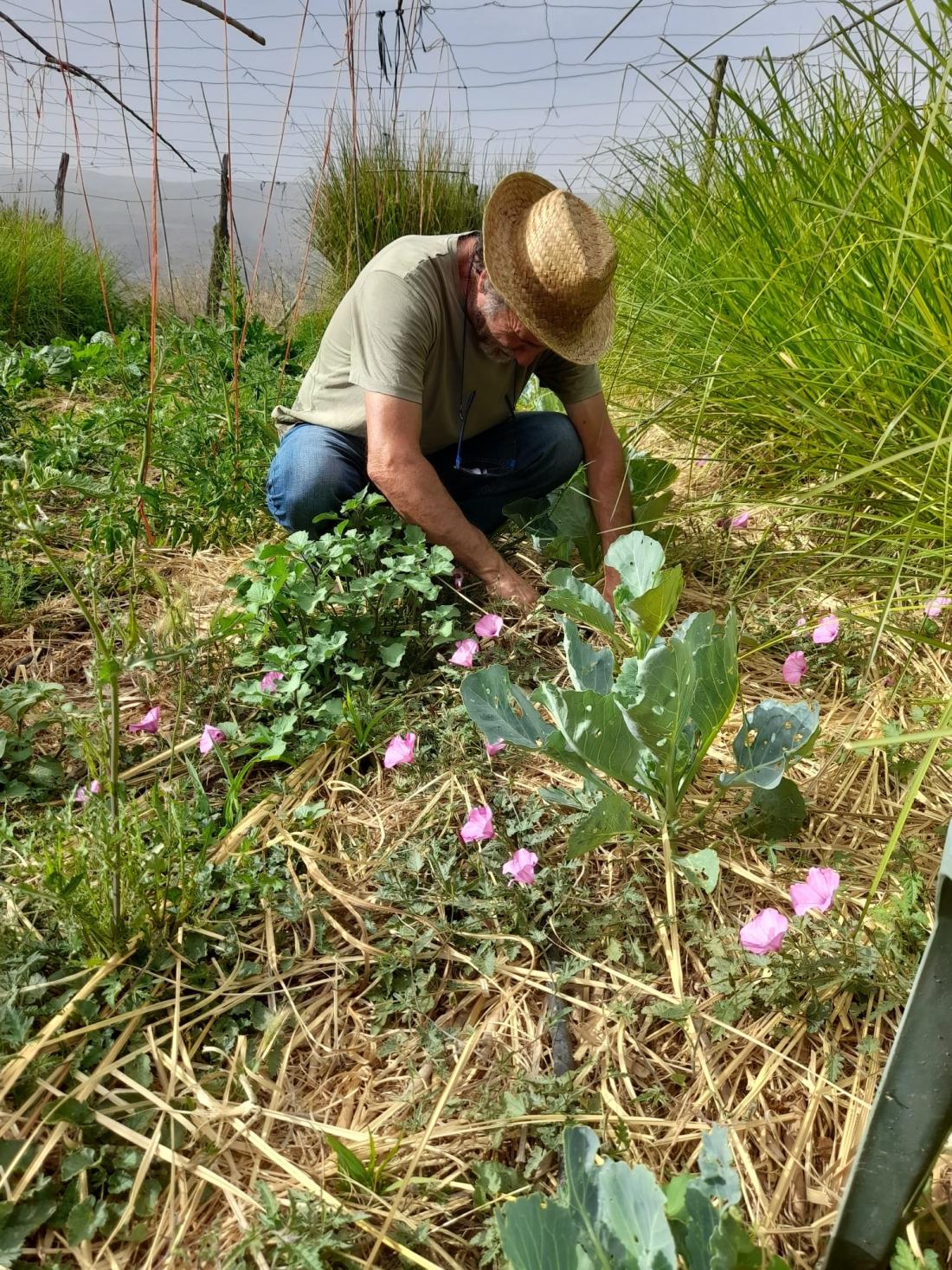MedSNAIL in Spain supports the traditional agri-food sector in Andalusia

The Andalusian Federation of Municipalities and Provinces (FAMP), Lead Partner of MedSNAIL project, organised on Tuesday 5th July 2022 its second workshop between representatives of the agri-food sector of the Andarax Valley, its pilot area for the local implementation of the project.
This workshop has been developed after the completion of the analysis of local agri-food products and food systems in the territory. This meeting followed the one held last April, which focused on the identification of "Agents of Change" who are local leaders selected to promote the transfer of the MedSNAIL principles, based on the valorisation of agri-food products deeply rooted in local culture and biodiversity and representative of the Mediterranean diet.
This network of actors has been protagonist in the participative session, which was held at the Centro Hispano Filipino of Laujar de Andarax. The main objective of the event was bringing the MedSnail methodology, consisting of the implementation of a series of pilot projects in the regions selected by the partners in each of their countries, to the target population with the aim of contributing to shortening the food chain and promote products, processes and initiatives under criteria of proximity and food sustainability, according to the above-mentioned MedSNAIL principles. This will include a local market, a joint labelling and a chefs' alliance and will contribute to the creation of a common workspace to take advantage of the opportunities and to respond to the challenges present in the Andarax Valley, some of which are the lack of generational replacement, climate change and the dynamics of the agri-food market itself, which benefit large operators to the detriment of small producers.
The participatory session served to present the project's roadmap and its main milestones, as well as to express the need to generate an ecosystem of reciprocal learning.
Cooperation between sectors was also highlighted as a way to consolidate sustainable and competitive value chains. To this end, the participants discussed the importance of the figure of a local Agri-Food Council to give support to the coordination of actions between municipalities and different agents –citizens, producers, companies, chefs, associations, environmental entities and public institutions.
During the networking session, the trajectory and experience of the participating farmers, beekeepers, winegrowers, food industry managers and eco-social innovation agents was enhanced.
In parallel, with the idea of reaching a larger number of producers and entrepreneurs, several rounds of contacts, interviews and field visits were conducted beyond the participative session. One of the highlights was a visit to the vegetable garden of a rural accommodation, accompanied by a local farmer. Also noteworthy was the visit to a restaurant and to the promoter of an initiative related to the use and care of forest resources as a way of raising public awareness on the importance of regenerating degraded forests and the positive impact this has on the local economy and the well-being of citizens. An interview was conducted with an organic beekeeper and contacts were established with multiple other actors, such as local restaurants, artisanal producers (cheese factories, wineries) and public representatives.









